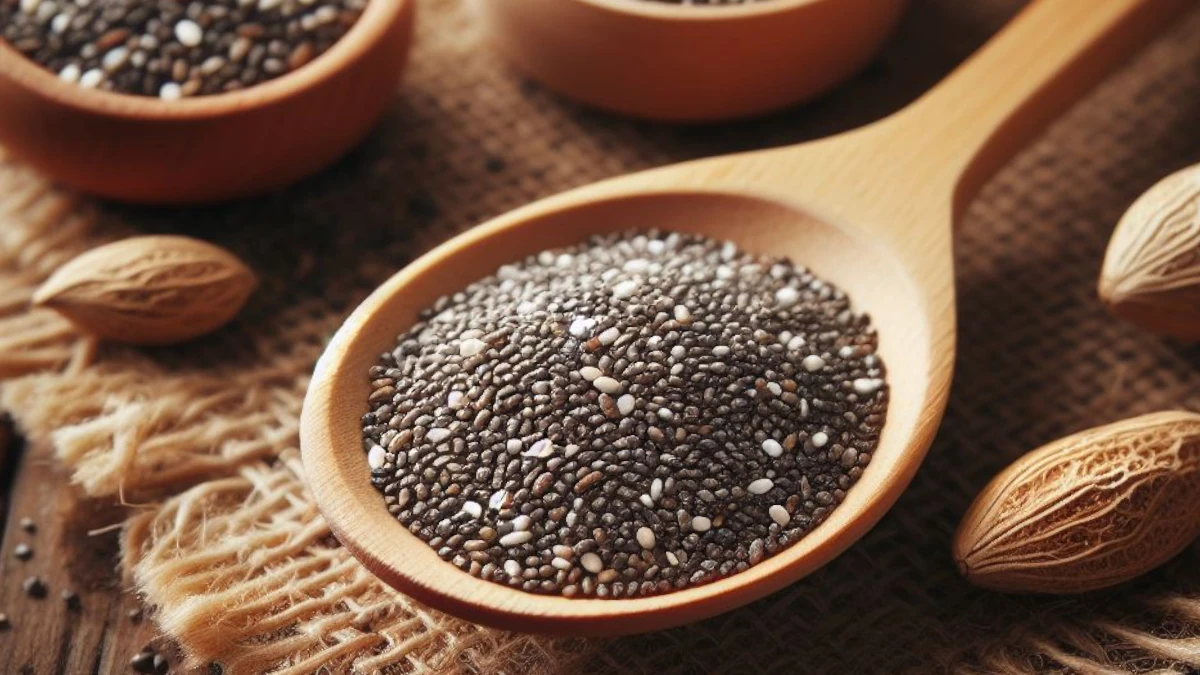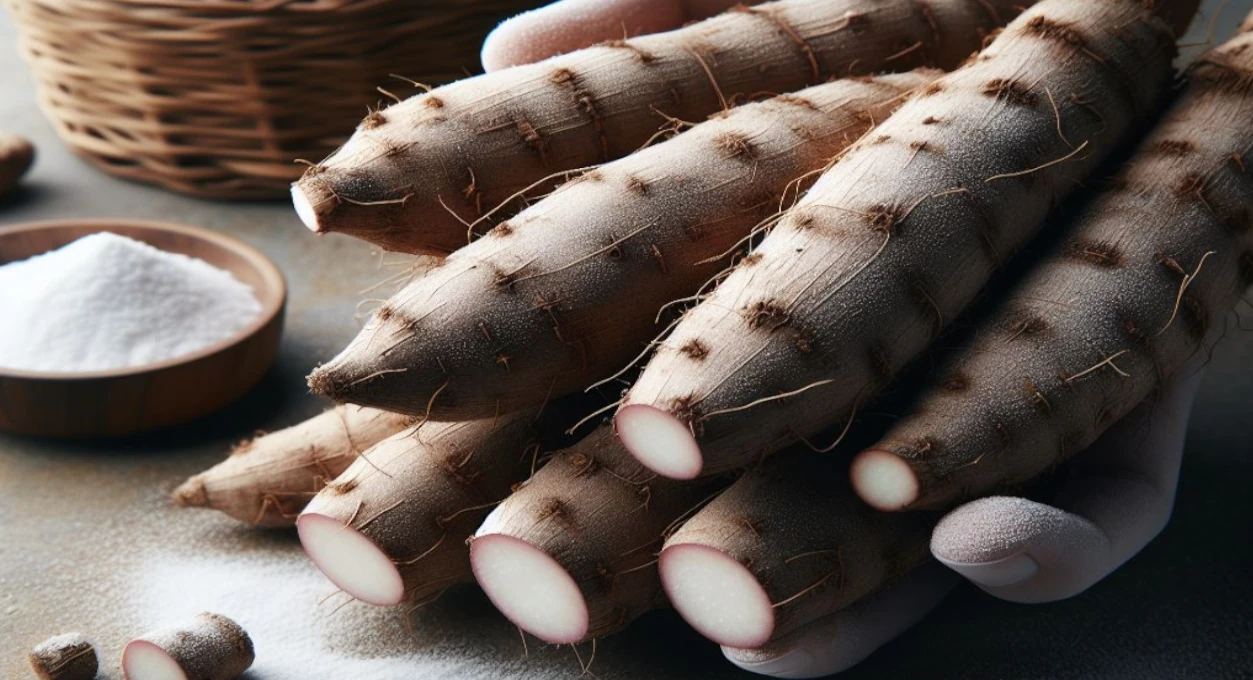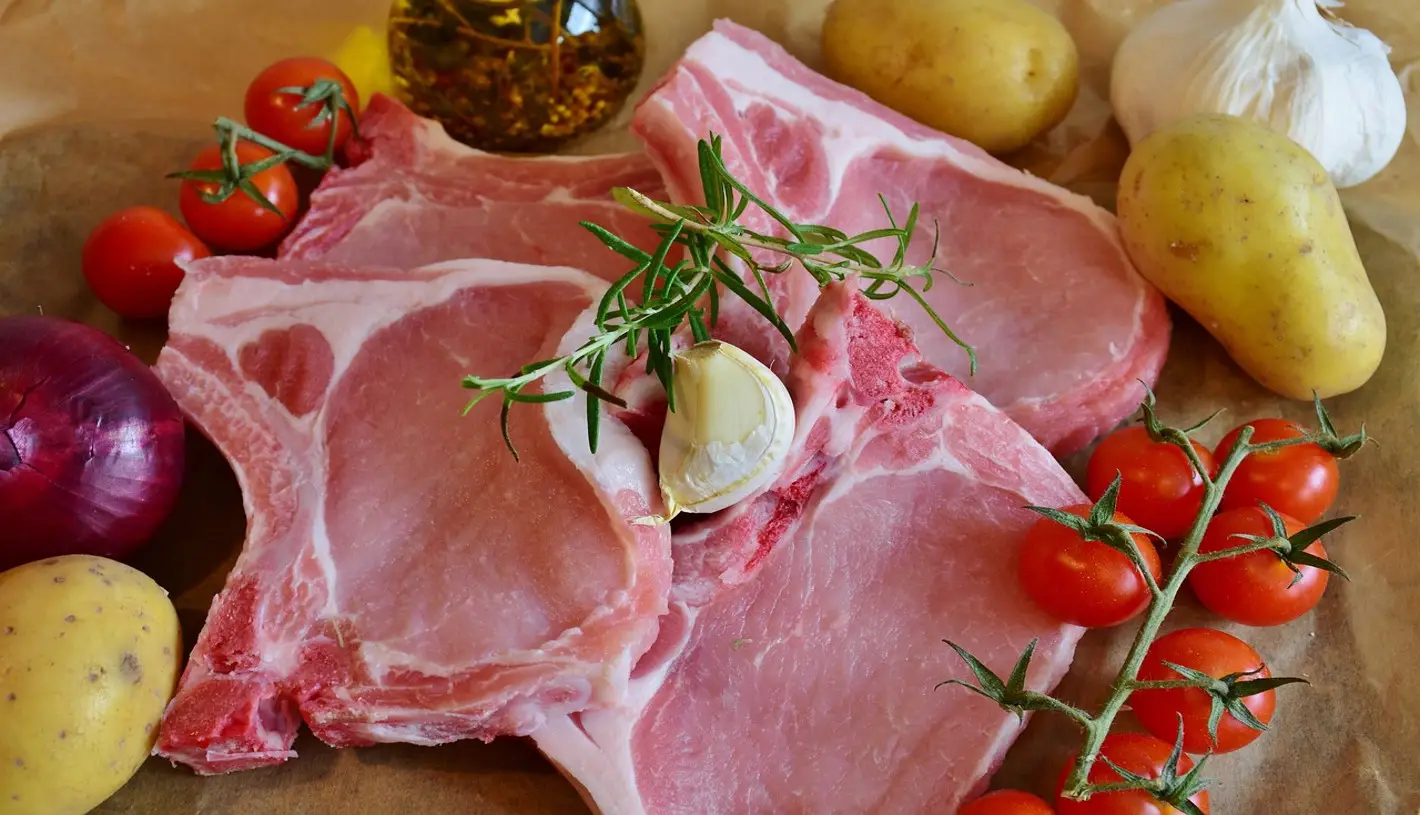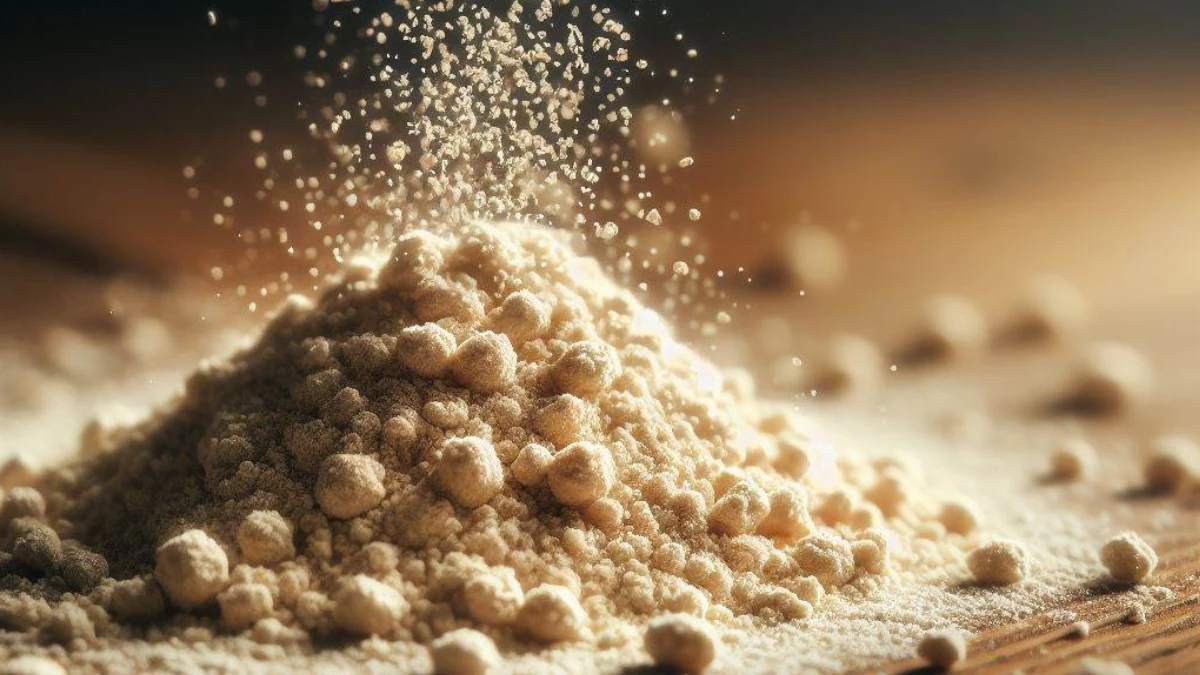Fenugreek Seeds Lysine and Arginine Info Sheet
Overview
Fenugreek is a small, round, edible seed that has a bitter and nutty flavor.It is widely used in Indian and Middle Eastern cuisines, as well as in herbal medicine and supplements.
Fenugreek is a good source of protein, fiber, iron, folate, and antioxidants.
Fenugreek may have health benefits such as lowering cholesterol, blood pressure, and blood sugar levels, enhancing lactation, improving digestion, and boosting testosterone.
| Name | Lysine (mg/100g) | Arginine (mg/100g) | Ratio |
|---|---|---|---|
| Fenugreek Seeds | 1130mg | 710mg | 1.592 |
Fenugreek Seeds contains 1130mg of Lysine and 710mg of Arginine per 100g of product.
This means Fenugreek Seeds has a high Lysine-Arginine ratio of 1.592.
Because Fenugreek Seeds contains much higher levels of lysine than arginine, it is highly recommended for people who suffer from herpes, as it may prevent outbreaks.
Lysine Considerations
Fenugreek has a high amount of lysine, which is more than enough to meet your daily needs.
Lysine is essential for protein synthesis, tissue repair, and immune function.
Lysine is also involved in the production of collagen, a protein that supports the skin, bones, and joints.
Lysine is essential for human health, and must be obtained from the diet or supplements.
It is one of the nine amino acids that the body cannot make by itself, so it has to come from the food we eat.
Lysine has many functions in the body, such as helping with growth, healing, energy, immunity, and collagen production.
Lysine may also have some effects on the herpes virus, which causes cold sores and genital sores.
Studies have suggested that taking lysine supplements or applying lysine cream may help prevent or treat these infections by blocking the amino acid arginine, which the virus needs to grow.
Arginine Considerations
Fenugreek has a high amount of arginine, which is more than enough to meet your daily needs as well.
Arginine is a semi-essential amino acid that is involved in various metabolic processes, such as nitric oxide synthesis, urea cycle, and wound healing.
Arginine also plays a role in blood pressure regulation, immune response, and sexual function.
Arginine is semi-essential for human health, and can be synthesized by the body under normal conditions.
However, some situations may increase the need for arginine, such as stress, injury, or infection.
Arginine has multiple functions in the body, including wound healing, helping the kidneys remove waste products from the body, and maintaining immune and hormone function.
Arginine also plays a role in the replication of the herpes virus, making it a key factor in cold sore outbreaks.
The herpes virus requires arginine to grow, replicate, and create new herpes viruses.
Foods rich in arginine, such as nuts and chocolate, may increase the frequency and severity of these outbreaks.
Lysine-Arginine Ratio
Fenugreek has a high lysine-arginine ratio, which means it has more lysine than arginine.
This may be beneficial for people with herpes infections, as lysine can block the absorption of arginine and inhibit viral replication.
Both lysine and arginine play crucial roles in protein synthesis and other metabolic activities.
Interestingly, they have contrasting effects on the herpes simplex virus, which is responsible for cold sores and genital herpes.
Lysine can prevent the virus's ability to replicate, while arginine can promote it.
Consequently, consuming foods with a high lysine to arginine ratio may help decrease the frequency and severity of herpes outbreaks.
Foods with a high lysine-arginine ratio include milk and cheese products, fish, poultry, fruits, and vegetables.
These foods can supply the body with sufficient lysine to block the virus's absorption of arginine, thereby preventing its growth and spread.
Dietary Considerations
Seeds are edible kernels that are enclosed in a protective outer covering, such as sunflower seeds, pumpkin seeds, flax seeds, and chia seeds.
Seeds are a great source of protein, fiber, healthy fats, and minerals.
That said, seeds also have high levels of arginine compared to lysine, which can be problematic for people with herpes.
Arginine can stimulate the replication of the herpes virus, leading to more frequent and severe outbreaks.
Lysine can counteract the effects of arginine, but it is not abundant in seeds.
Because of this, seeds should be consumed sparingly or with caution by people with herpes.
Some seeds that have very high amounts of arginine are sunflower seeds, pumpkin seeds, and sesame seeds.
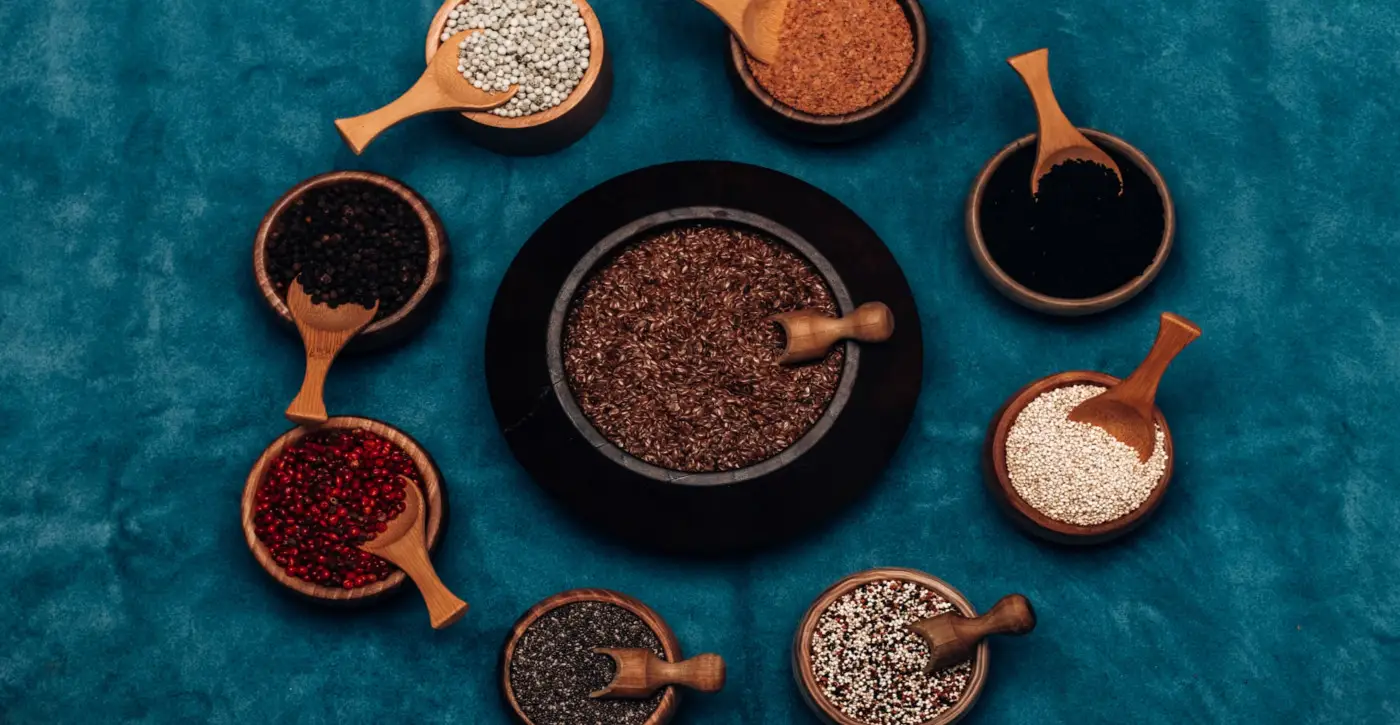
For example:
A well-balanced and healthy diet that strengthens your immune system and lowers inflammation is important.
This means you should eat a lot of fruits, vegetables, whole grains, lean protein, and good fats, and avoid processed foods, added sugars, alcohol, and caffeine.
Avoid alcoholic beverages and caffeine which can overstimulate your body, leave you dehydrated, and compromise your immune system.L-lysine supplementscan help you prevent herpes outbreaks and stop a cold sore before it develops by depriving the virus of arginine, which it needs to form a cold sore.
Taking other food supplements that can improve your immunity and protect your cells from oxidative stress, such as vitamin C, zinc, selenium, and antioxidants.
Your immune system can be weakened and inflammation can be increased by foods that can cause allergic reactions or sensitivities, such as gluten, dairy, nuts, eggs, or shellfish.
Avoid these foods to avoid outbreaks.
Foods that can boost your immunity and fight inflammation are essential to prevent outbreaks.
Honey, yogurt, aloe vera, and chamomile are some examples of these foods.
They can also soothe your symptoms and help you recover quicker by reducing pain, swelling, and itching.
Check more food information

